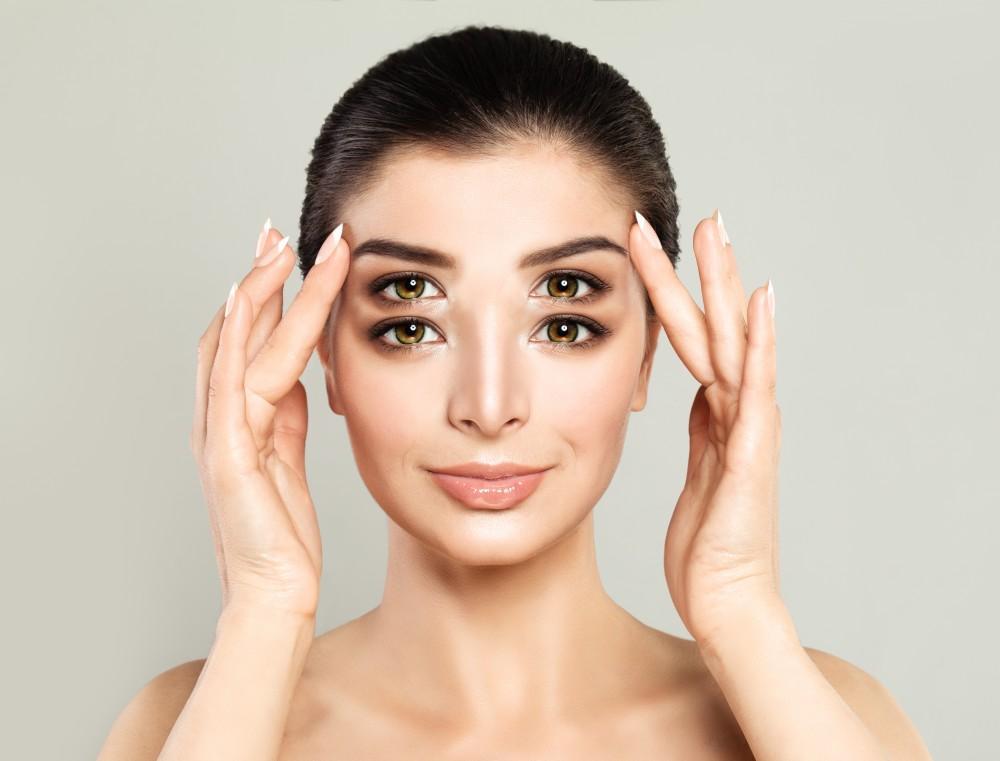
Recognizing the Early Signs of Cataracts

Cataracts are common as you age. For example, over 50% of Americans 80 and older either have cataracts or have had surgery to remove them.
Cataracts can occur when you’re younger as a result of a preexisting condition (such as diabetes), previous eye surgery, too much sun exposure, or the use of certain medications.
If you’re concerned about changes in your vision, our team of ophthalmologists and optometrists at Maryland Eye Care Center has the expertise and experience to treat your cataracts with the highest level of care. Here’s how to recognize the signs that you might be developing cataracts.
How cataracts develop
Your eye has a lens behind it that refracts light onto your retina, which produces clear images. Cataracts develop when protein buildup on your lens keeps light from passing through, causing vision impairment that ranges from mild to serious.
Noticing the early signs of cataracts
Cataracts form slowly. That’s why it’s important to pay attention to any changes in your vision. Symptoms of cataracts include:
- Sensitivity to light
- Difficulty seeing at night
- Colors appearing faded
- Double vision in one or both eyes
- Cloudy or blurry vision
If your cataracts are diagnosed early, we can help you maintain your vision with an updated prescription for glasses or contact lenses.
Surgery may be necessary to remove your cataracts if you have a more advanced condition.
How to lower your risk of cataracts
Being proactive about your eye health can help you avoid or slow the progression of cataracts. Consider these tips:
Protect your eyes from the sun
You can reduce your eyes’ exposure to the sun with UV protection eyewear that blocks out harmful ultraviolet rays.
Don’t smoke
Smoking can alter the cells of your lens through oxidation. It can also lead to the accumulation of heavy metals in your lens, which can cause cataracts.
Eat a healthy diet
To ward off free radicals that can attack your vision, eat food that’s high in antioxidants, containing vitamins E and C. Your diet should have plenty of fruit and vegetables, fish, and whole grains. Limiting your alcohol intake can also protect your ocular health.
Check your blood sugar
If you’re a diabetic, keep your blood sugar levels in check to avoid swelling of your lens.
Schedule regular eye exams
Routine eye appointments with our team at Maryland Eye Care Center allow us to monitor your eyesight and watch for any changes, including the development of cataracts.
To schedule your eye appointment, call one of our locations in Silver Spring or Hyattsville, Maryland, or use our online booking tool.
You Might Also Enjoy...


What Can Cause Double Vision?

My Vision Is Suddenly Blurry: Is This an Emergency?

5 Tips to Protect Your Vision from Digital Eye Strain

/assets/docs/442641.png)
/assets/docs/442638.png)
/assets/docs/442639.png)
